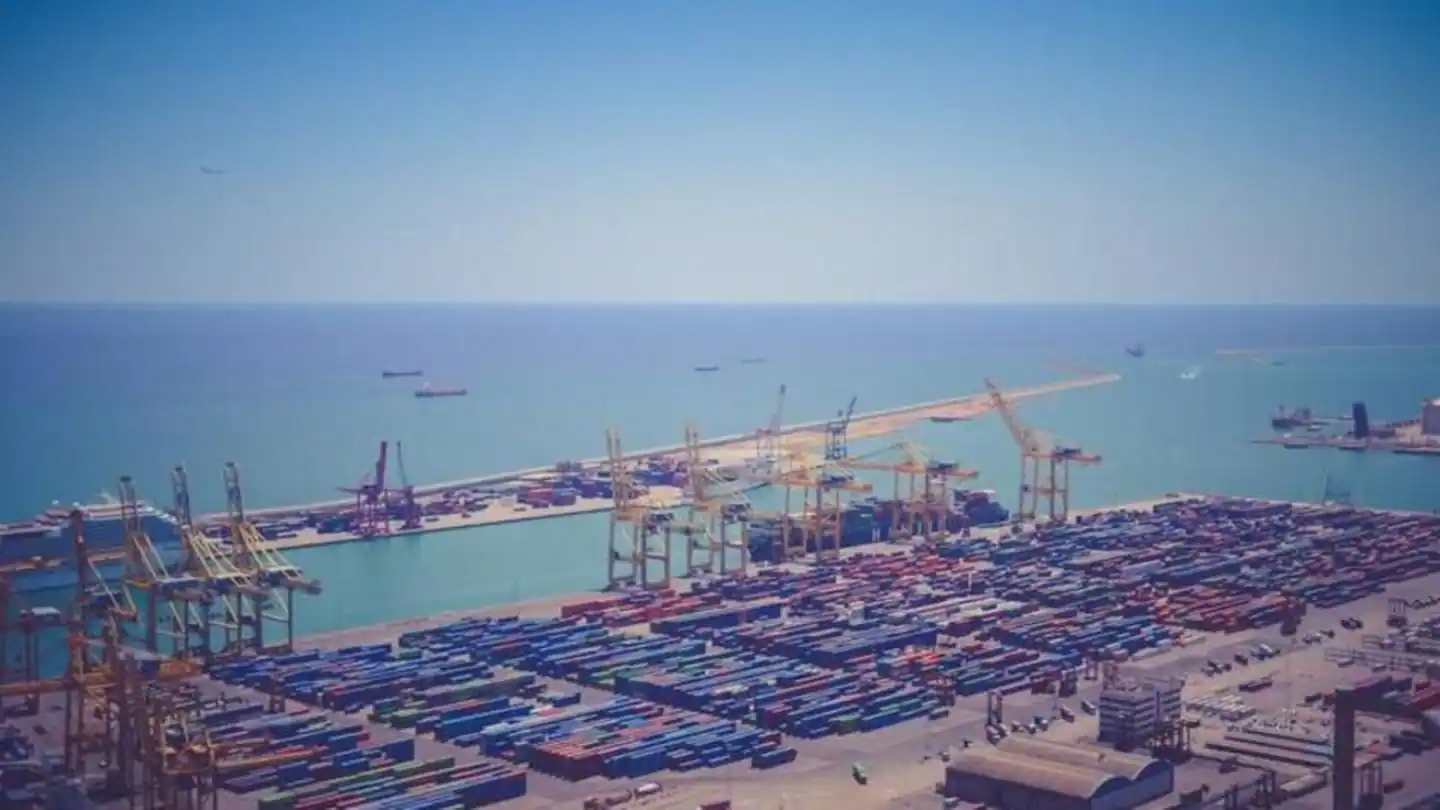The United States has announced that it will revoke the sanctions waiver it granted to India in 2018 for its operations at Iran’s strategic Chabahar Port. Under the Iran Freedom and Counter-Proliferation Act (IFCA), this waiver allowed India and others to work on the port and related infrastructure without sanctions exposure. The revocation takes effect on September 29, 2025, and is part of Washington’s ongoing “maximum pressure” campaign aimed at isolating Tehran and disrupting financial networks that sustain its regime and military operations.
For India, the removal of the exemption creates significant risks. The country had inked a long-term (10-year) agreement in May 2024 with Iran’s Port and Maritime Organisation to operate and develop the Shahid Beheshti terminal at Chabahar. Indian Ports Global Limited (IPGL) has already invested approximately US\$120 million, with plans for additional infrastructure investment of about US\$250 million. The port has served as a gateway for trade and humanitarian supply lines to Afghanistan and Central Asia, especially valuable because it bypasses transit through Pakistan.
Strategically, Chabahar is also India’s counter to China’s influence via the Gwadar Port in Pakistan, which lies relatively nearby. Analysts view the port as a key node in Delhi’s broader attempts to deepen economic and trade connectivity with Central Asia and Iran, and to use it as part of the International North-South Transport Corridor (INSTC). The US decision therefore risks complicating India’s geopolitical calculus—not just with Iran—but in balancing its relationships with the United States, with which it has strong strategic ties, and its regional ambitions.
From Washington’s perspective, rescinding the waiver aligns with its broader sanctions strategy. The State Department has framed the move as necessary to clamp down on what it considers illicit financial flows that support Iranian military and proxy operations. By placing entities operating in Chabahar under possible sanctions exposure, the US sends a signal that strategic projects with Tehran will face heightened risk.
Indian officials have not issued a detailed response yet, but observers warn that the revocation could jeopardize ongoing connectivity projects, trade routes, and humanitarian supply chains to Afghanistan. It may also force New Delhi to engage in diplomatic negotiation—possibly to seek new exemptions or assurances—or reconsider investment in Chabahar. Meanwhile, this is likely to increase tension between the US and India over strategic priorities in the region.












Leave a comment